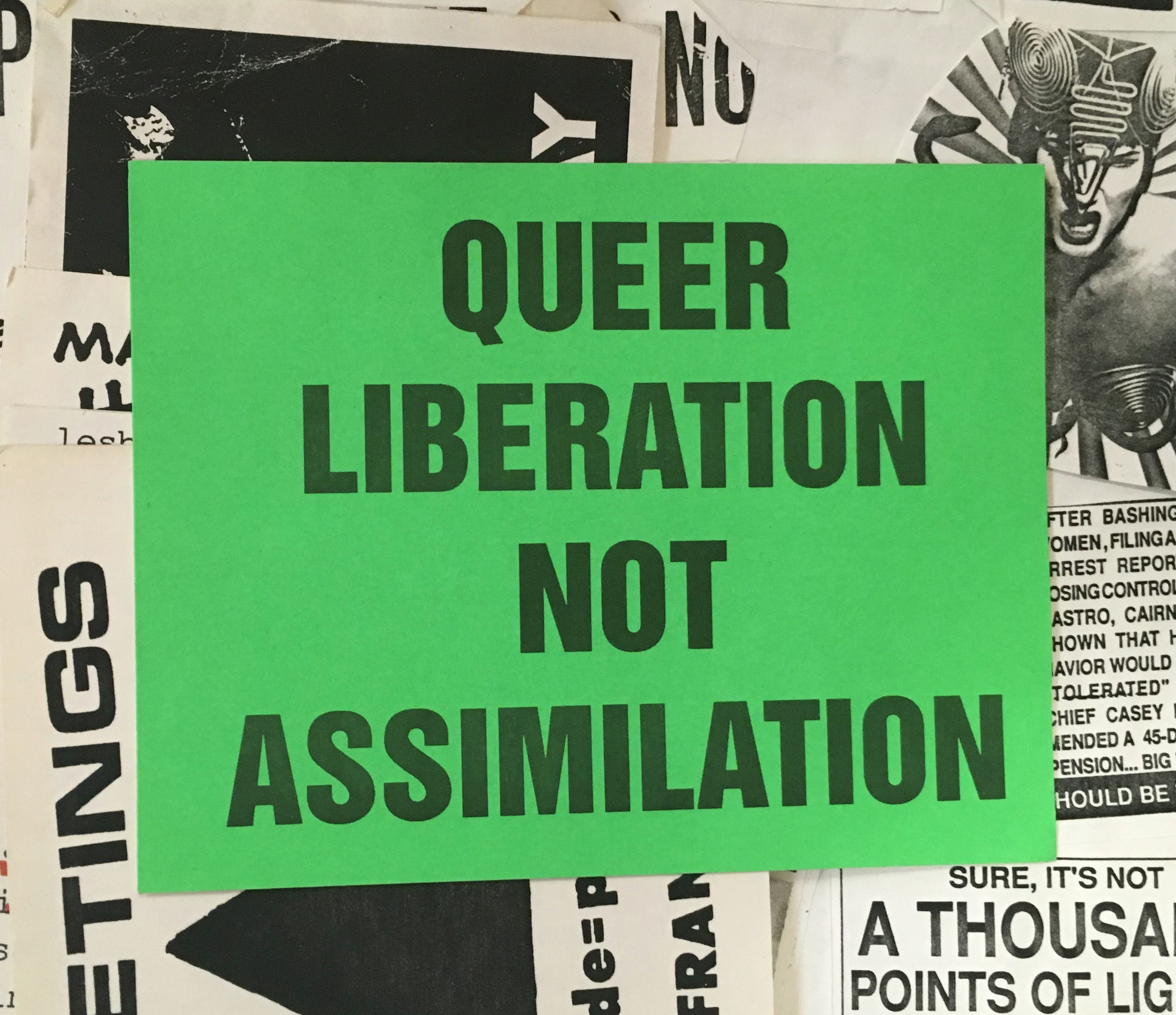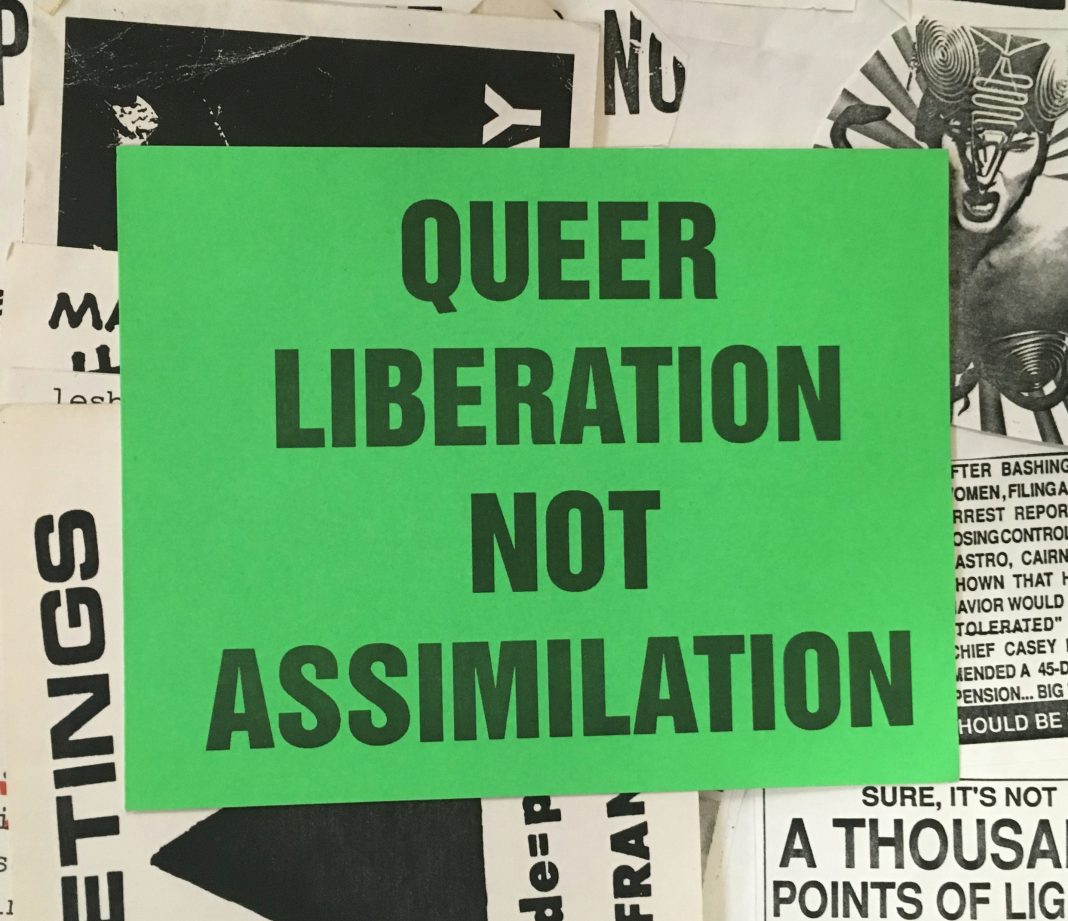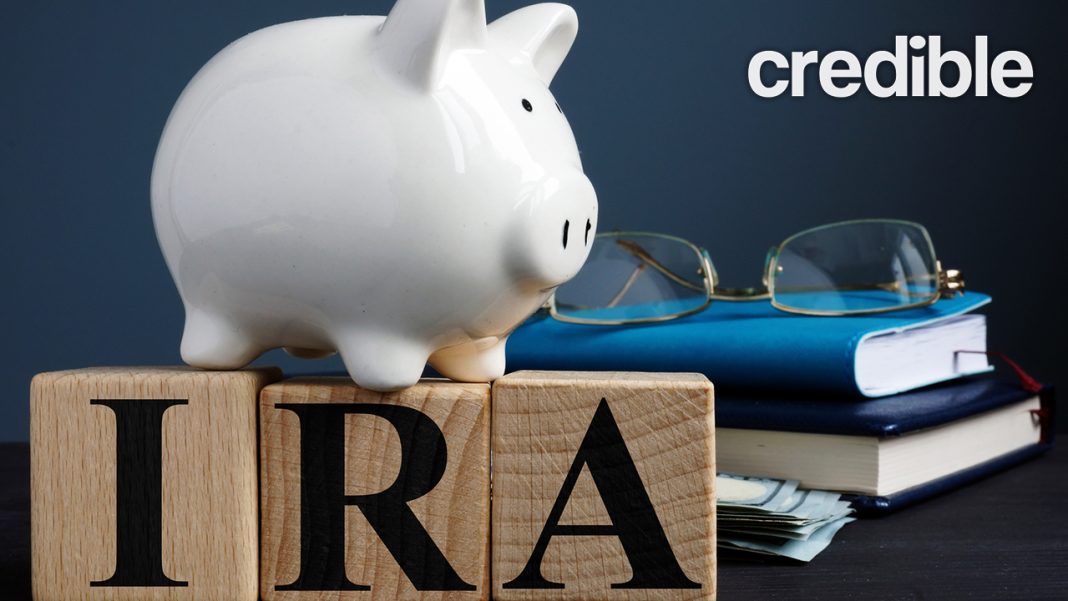 In a recent statement, New York City councilwoman Tiffany Caban made headlines by claiming that “queer liberation” is connected to the cause of “Free Palestine.” This statement has sparked both support and controversy, highlighting the intersection of LGBTQ+ rights and global politics.
In a recent statement, New York City councilwoman Tiffany Caban made headlines by claiming that “queer liberation” is connected to the cause of “Free Palestine.” This statement has sparked both support and controversy, highlighting the intersection of LGBTQ+ rights and global politics.
The LGBTQ+ community has long been at the forefront of advocating for equal rights and social justice. The fight for queer liberation has gained significant momentum in recent years, with various movements and individuals pushing for inclusivity and acceptance. It is no surprise, then, that issues of global importance, such as the Israeli-Palestinian conflict, would intersect with the LGBTQ+ movement.
Caban’s statement reflects a growing trend among activists who see the struggles for justice and equality as interconnected. By linking queer liberation to the Palestinian cause, Caban draws attention to the oppression faced by both communities and emphasizes the importance of solidarity.
However, Caban’s statement has also faced criticism from those who believe that the Israeli-Palestinian conflict is too complex to be reduced to a single issue. Some argue that by equating queer liberation with one specific political cause, Caban overlooks the diverse perspectives within the LGBTQ+ community and undermines the complexity of the conflict.
It is essential to recognize that discussions around the Israeli-Palestinian conflict are highly sensitive and often evoke strong emotions. The conflict has deep historical roots and involves complex political, social, and religious dynamics. It is not a topic that can be easily distilled into soundbites or simplified narratives.
That being said, it is crucial to engage in thoughtful and respectful dialogue about these intersecting issues. By examining the connections between queer liberation and global politics, we can broaden our understanding of social justice movements and foster a more inclusive and compassionate society.
Moreover, it is worth noting that this conversation is not limited to New York City or the United States. LGBTQ+ activists around the world are increasingly recognizing the importance of intersectionality and the need to address multiple forms of oppression.
In conclusion, Tiffany Caban’s statement linking queer liberation to the cause of “Free Palestine” has sparked a meaningful discussion about the intersection of LGBTQ+ rights and global politics. While it has generated both support and criticism, it underscores the importance of recognizing the interconnectedness of social justice movements. By engaging in respectful dialogue and considering diverse perspectives, we can work towards a more inclusive and compassionate society for all.

